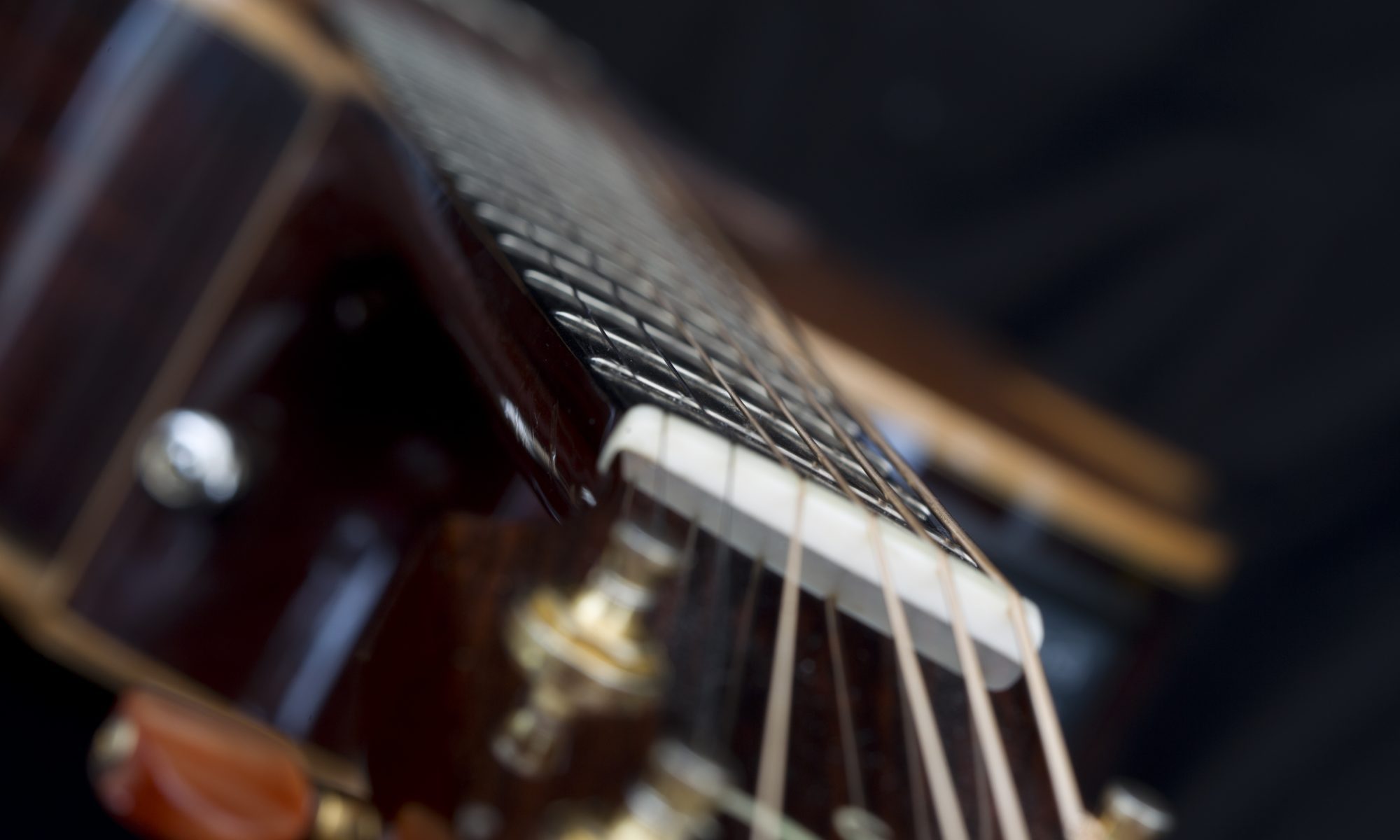What do I know?

I’ve been a musician for over 30 years and I’ve been working on instruments on a professional basis for around 15 years. Something that never ceases to amuse me is the mythology that guitarists will buy into without even attempting any form of verification. I already know I will be shot down for some of this but trust me – my opinions come from actually working on instruments and playing them rather than googling for confirmation bias. But hey, people love a good myth. Here are some of my favourites. And before you start hurling vegetables remember my main motivation here is to save you money.
High end guitars are best
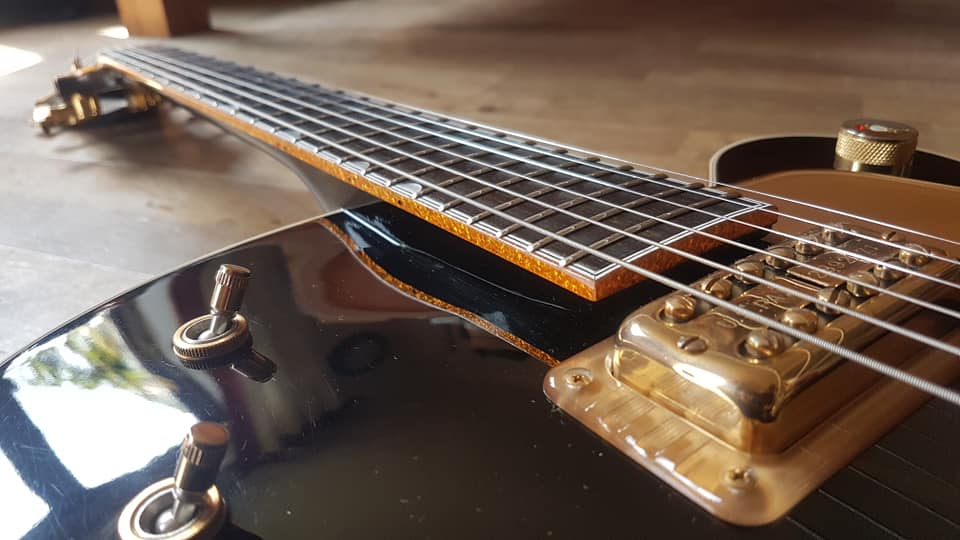
They just aren’t. Unless you’re a collector you’d have to be completely insane to favour Gibsons and Fenders over their Epiphone and Squier counterparts. I have worked on many guitars by the latter two that are really hard to improve on in recent years. The expensive headstock decals certainly won’t improve your playing so save your money. A good Epiphone with a decent fret dress and setup will play as good as any £10,000 Gibson, depending on how much value you place on eye candy. The acoustic market is much the same, you can buy a gobsmacking Takamine for a fraction of what Martin or Taylor charge for their flawed offerings.
You need boutique pickups
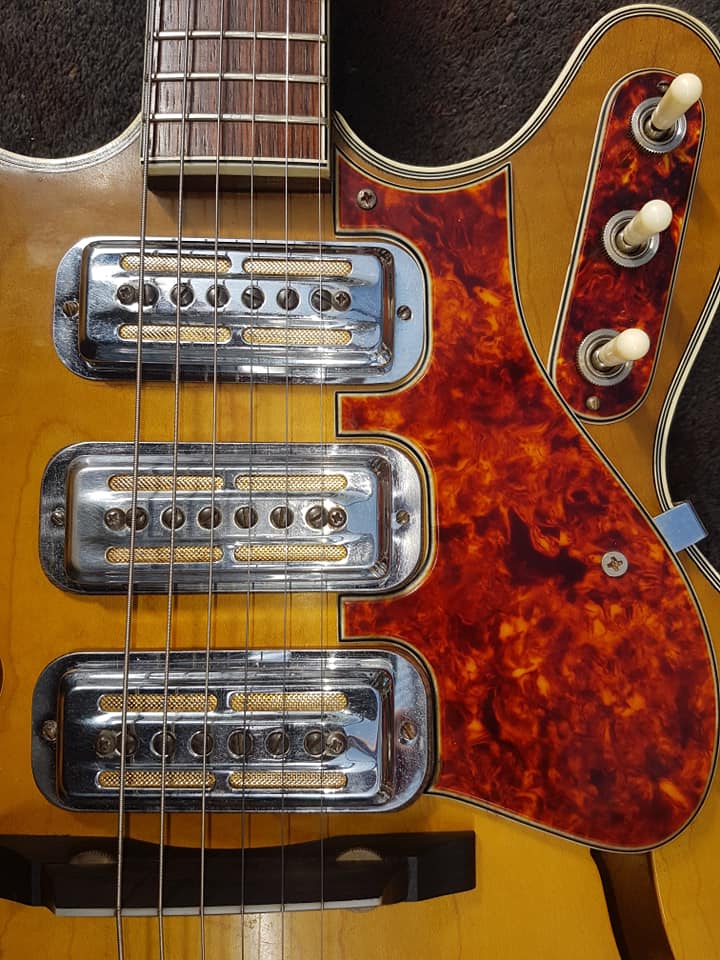
Not really. A pickup is a magnet wrapped up in copper wire, so there is not that much variation to be had beyond single coil vs humbucker. In my experience even active pickups don’t give much tone variation, and any differences are out of the window as soon as you crank the gain on your amp. Some of my all time favourite pickups are Epiphone humbuckers. As long as your pickups aren’t microphoning and hissing they’re perfect. The same goes for any of the electronic components – you can splash out on orange drop or bumblebee capacitors and high end pots if you like but don’t expect them to be superior to the market standard ones, which cost pence.
Tone woods
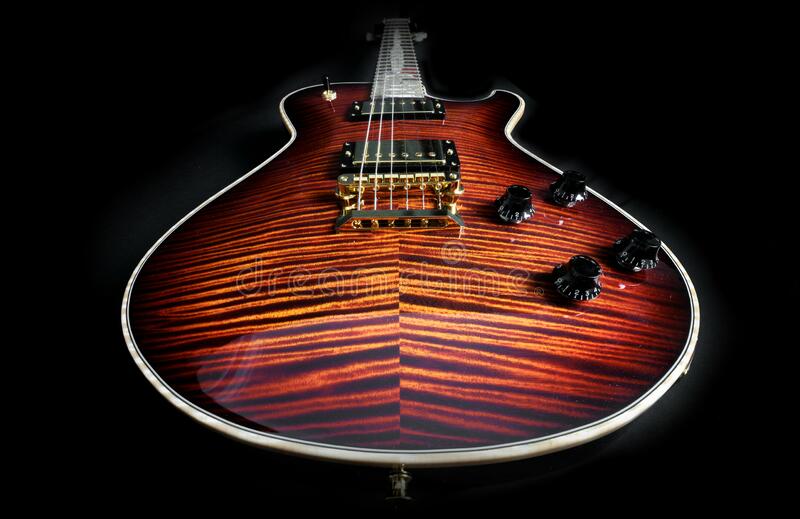
These are for acoustic instruments, not solid bodies electric ones. Unless all of your guitar work is done with pristinely clean sounds and no accompanying instruments tone wood is not a thing and even then you are better off learning to use an EQ than shelling out on a bog oak super strat; the end result will be much the same and much, much cheaper. Once you crank the gain the wood becomes so irrelevant your guitar might as well be made of egg noodles and epoxy. Remember that the most important components in your signal chain are the strings, pickups and speakers in the cabinet. Everything else is secondary.
Stainless steel frets
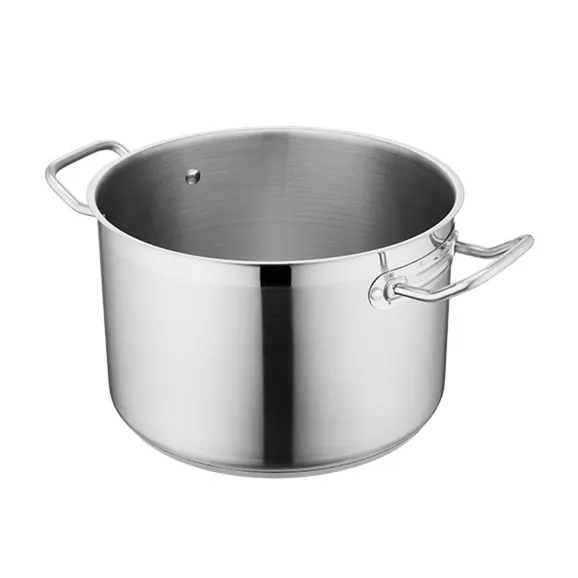
People will tell you these last forever, and that they alter the tone of your guitar. What people do not realise is that hardness is not the same as wear resistance and whatever tonal differences you think you can hear are 100% subjective. A customer recently came to me for a refret after wearing an SS set out in under 5 months. Not immortal then. Once you properly research this you find that the chromium atoms in SS stick out above the surface and are easily dislodged which actually decreases wear resistance. Yes I’m sure they make for very smooth bends, but then any properly polished frets will. Your luthier will charge you twice as much to fit SS frets because they are a pain to work with and the main advantage you will see is corrosion resistance which is easily sidestepped by looking after your instrument properly. But you’ll be able to tell your mates you have stainless steel frets. Totally worth it. Not.
You can’t use furniture polish on guitars
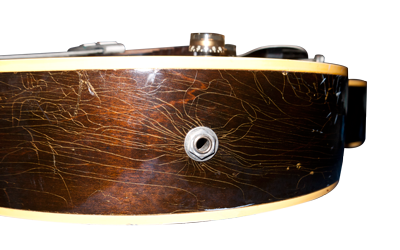
Au contraire, mon ami – guitars are similar enough to furniture for furniture polish to be absolutely fine. It will not attack the finish in any way, nor will the silicone build up spoiling the finish. The one likely issue can occur is when a guitar is not properly cleaned before refinishing but it’s nothing car body shops haven’t been dealing with for decades. Obviously exercise a lot more caution when cleaning anything with a shellac finish and keep the polish away from your electronics and hardware and you’ll be fine.
Lemon oil

This is one of the single most hilarious examples of snake oil in the industry. This stuff is literally lemon scented mineral oil so you might as well be wiping your unlacquered fret board down with engine oil, which is a lot cheaper. And it will dry out your fret board and encourage splitting and shrinkage because it contains almost no water and a wee bit of water is what your fret board needs to stay in one piece. I like to clean unlacquered fret boards with 0000 grade wire wool (which will not scratch anything) and micro mesh pads before cleaning with furniture polish and conditioning with a bees wax based furniture wax. This contains a bit of water so it moisturises the wood. Olive oil also works, neither one will cause the rancid build up you may have heard of provided they are applied properly and any excess is carefully removed.
You need to spend 1000s on lutherie tools
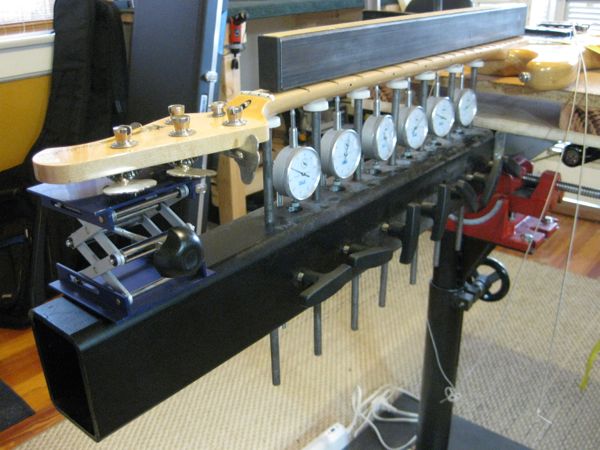
Not so. Every job that can be done with a router and expensive jigs can be done with skillful chisel work and patience. Guitar necks can be accurately processed with a £1000 neck jig, but it can be done equally well with a £10 straight edge and a pair of eyeballs. The work is about the knowledge and skills, not the tools. Don’t forget people have been making guitars for over 300 years and expensive tools are a very recent phenomenon. Don’t trust luthiers for having impressive tools, instead look for the results and recommendations they get.
Humidity, man
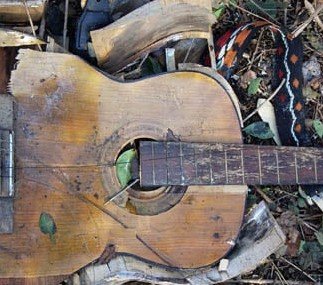
Now, I am speaking as someone living in a temperate seaside climate, but I often see problems like bellying acoustic guitars attributed to atmospheric conditions. If you live in Arizona your guitar may well dry out to the point of deforming and splitting. Wet season in Papua New Guinea may well murder your mandolin. But if you live in the UK where humidity rarely drops below 80% then drying out is less likely to be the cause of the belly on your Martin than the way it was built and what the torque of the strings does to the structure. I regularly repair bellies on acoustic guitars and humidity is never a consideration in my locality. Unless you live somewhere with an extreme climate like in the jungle or in a desert, both of which of course can cause staggering amounts of damage, all the humidity control gadgets out there are a total waste of money and a hard case does plenty to protect your instrument.
In conclusion, if you want to sound amazing then the best thing you can spend your money on is lessons and the best thing you can do is practise. Save your pennies and happy playing.
